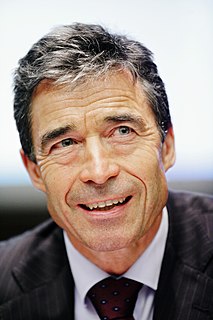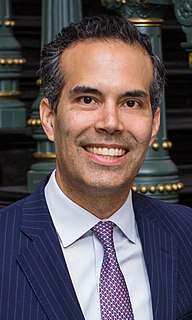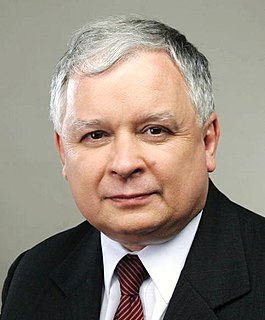A Quote by David Korten
The EU will face problems similar to the US: an increasing gap between the citizens and decision makers in Brussels and a perceived or even real lack of democracy.
Related Quotes
The growing gap between rich and poor, the seeming lack of concern for the health and well-being of ordinary people, the obscene salaries made by CEOs who are increasing profits by moving their plants to places where labor is cheap - that's where the problem is, not in schools, colleges and universities.
Individuals with high executive intelligence cannot reach their potential unless surrounded by others with a similar level of skill. Without a concerted effort on the part of businesses to seek out those with exceptional decision-making abilities, the gap between who businesses actually need, and who they hire and promote, will remain wide.
If elected president I will have a litmus test in terms of my nominee to be a Supreme Court justice. And the nominee will say, we are going to overturn this disastrous decision on Citizens United because that decision is undermining American democracy. I do not believe that billionaires should be allowed to buy politicians.
In the U.S., while individual whites might be against racism, they still benefit from their group's control. Yes, an individual person of color can sit at the tables of power, but the overwhelming majority of decision-makers will be white. Yes, white people can have problems and face barriers, but systematic racism won't be one of them.
Extrapolated, technology wants what life wants:
Increasing efficiency
Increasing opportunity
Increasing emergence
Increasing complexity
Increasing diversity
Increasing specialization
Increasing ubiquity
Increasing freedom
Increasing mutualism
Increasing beauty
Increasing sentience
Increasing structure
Increasing evolvability
One of the problems many leaders report is a gap between strategy and execution. Usually this "gap" arises because the so-called "strategy" is a set of financial performance goals, not an approach to overcoming challenges. The two key ways to narrow this gap are to avoid bad strategies that fail to explain how to proceed and to establish a proximate objective - something which can be accomplished and which will open the door to further progress.




































